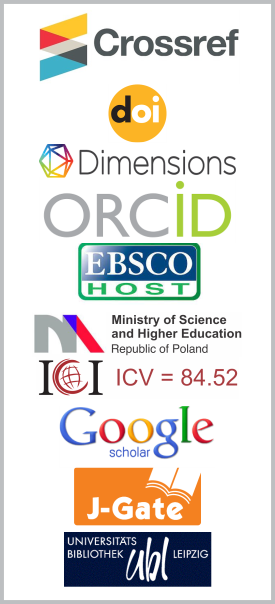An Educational Management Problem with Continuous Signal Space
DOI:
https://doi.org/10.26713/jims.v1i1.7Keywords:
OR in education, Markov processes, Bayesian statisticsAbstract
Partially Observable Markov Decision Process (POMDPs) have been suggested as a suitable
model to formalizing the planning of educational management. In this paper, we discuss a specialization of POMDPs that is tailored to a frequently re-occurring type of educational problem, with five states (bad, moderate, good, very good, excellent), two teaching methods a traditional based to National program and a new education method based to the British system.
We extend the model of POMDPs with finite discrete signal space to a more natural model where the signal space is continuous instead of finite. We consider the significant and realistic problem with probability density functions for the signals to be uniformly distributed. We prove the piecewise affinity of the infinite horizon optimal utility function associated with this problem. To solve this problem we use a procedure that take advantage of special problem structure, and we provide optimal policies to stochastic and dynamic decisions naturally arise in finding the optimal educational method.
Downloads
Downloads
How to Cite
Issue
Section
License
Authors who publish with this journal agree to the following terms:- Authors retain copyright and grant the journal right of first publication with the work simultaneously licensed under a CCAL that allows others to share the work with an acknowledgement of the work's authorship and initial publication in this journal.
- Authors are able to enter into separate, additional contractual arrangements for the non-exclusive distribution of the journal's published version of the work (e.g., post it to an institutional repository or publish it in a book), with an acknowledgement of its initial publication in this journal.
- Authors are permitted and encouraged to post their work online (e.g., in institutional repositories or on their website) prior to and during the submission process, as it can lead to productive exchanges, as well as earlier and greater citation of published work.




